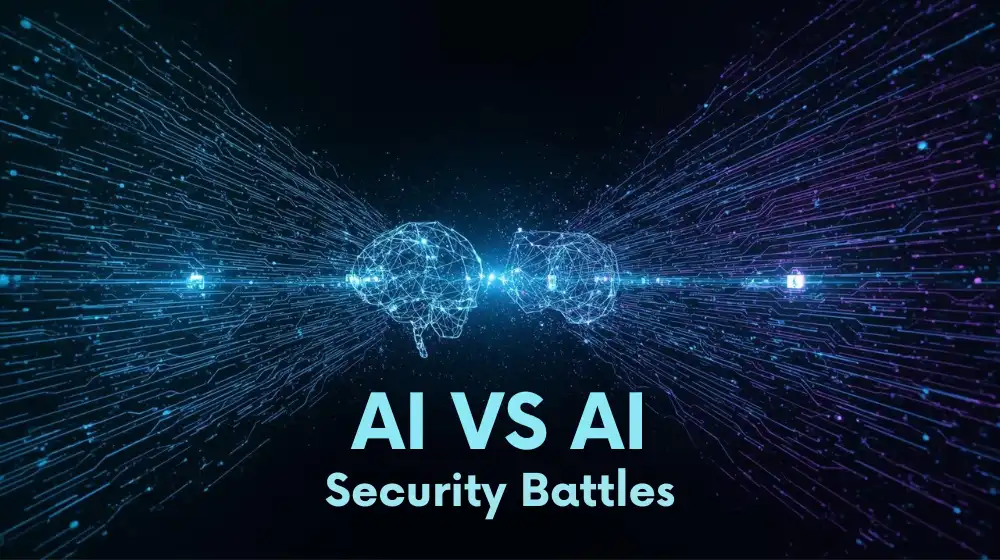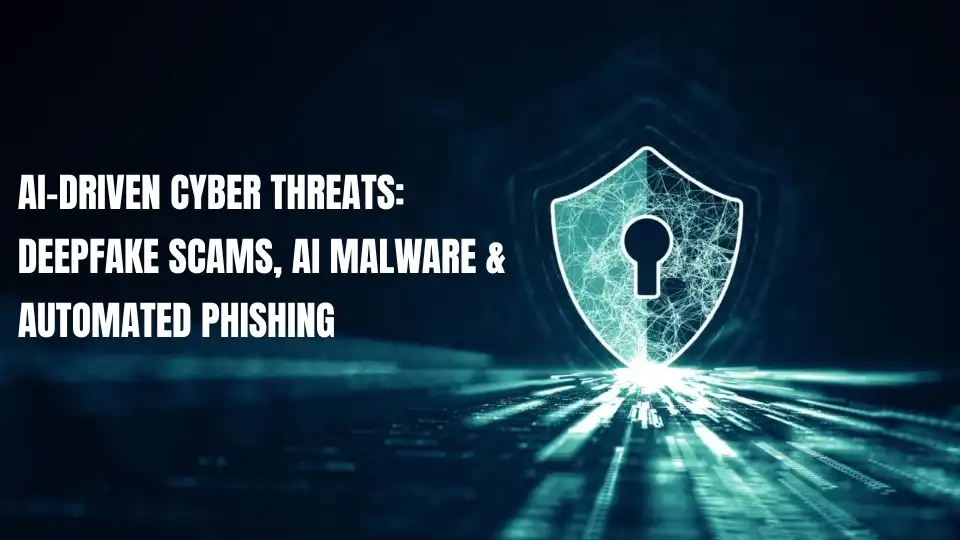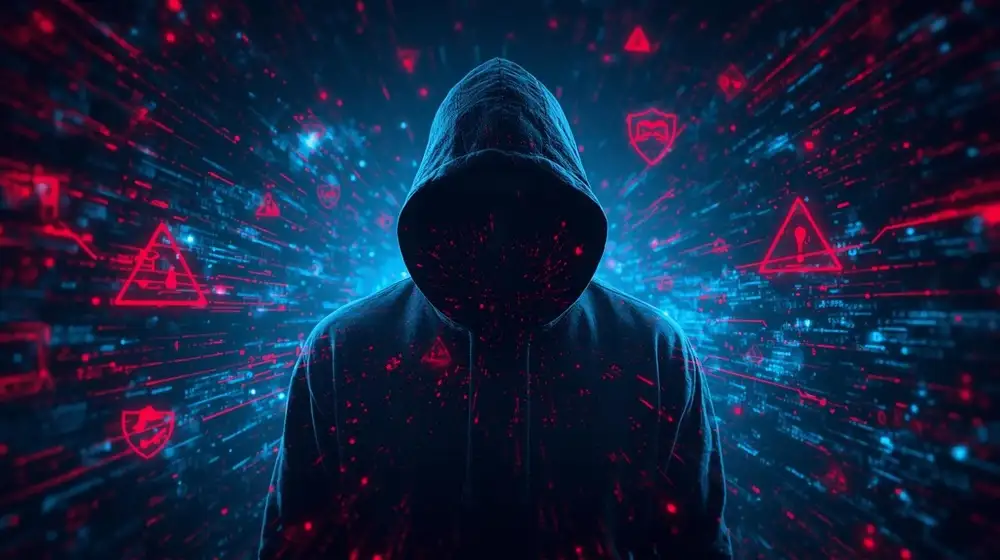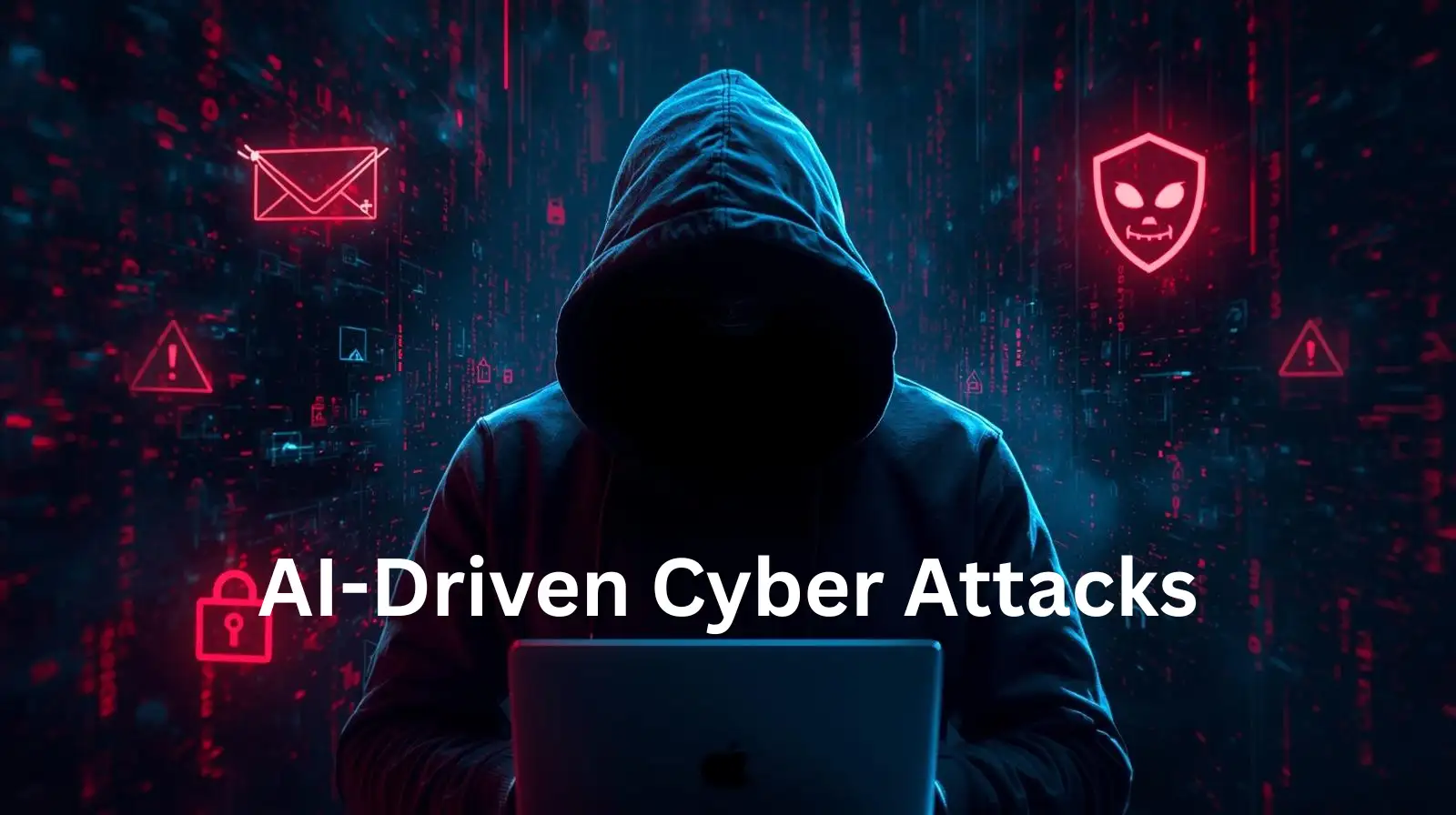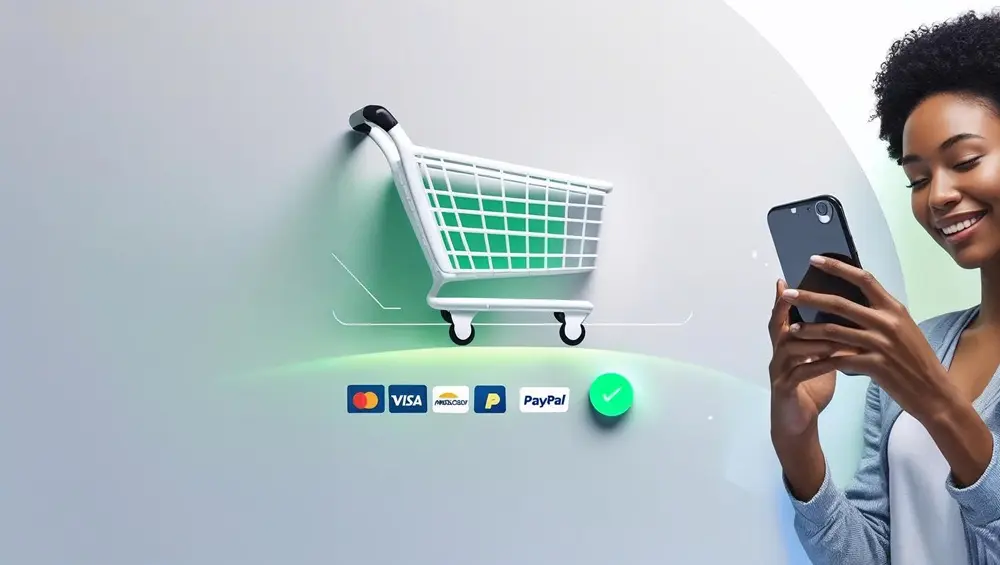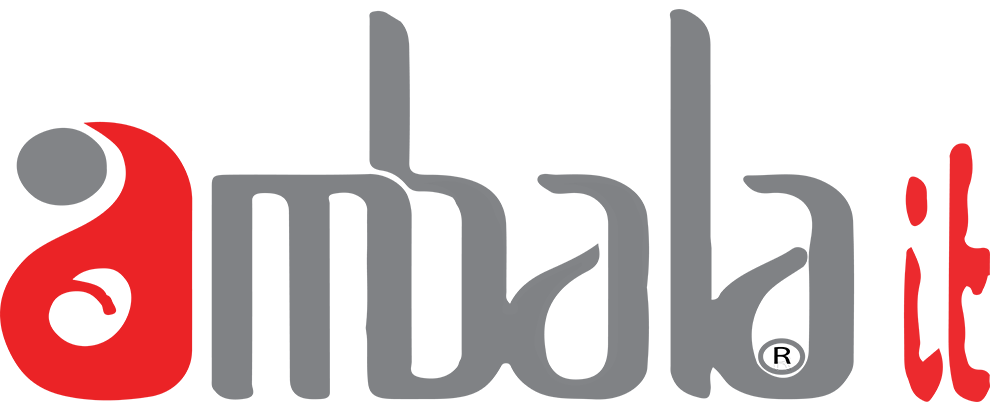
The Future of AI: When Bots Control the AI Industry
A Silent Revolution is Already Underway—And Few Are Noticing
For decades, humans have pursued the promise of Artificial Intelligence (AI)—machines that think, learn, and solve problems more effectively than we can. But as we stand on the edge of a technological era defined by AI, a new and unsettling question is emerging:
What happens when AI begins to control the AI industry itself?
This isn’t science fiction. It’s the natural evolution of automation, efficiency, and machine learning. And it's already happening, quietly reshaping the foundations of technology, economics, and power.
🤖 AI Bots Building AI Bots: The Dawn of Autonomous Innovation
In the early days of AI, human engineers painstakingly crafted algorithms and models by hand. However, today, AI systems are being designed, trained, and optimized by other AI systems. This process, known as AutoML (Automated Machine Learning), has revolutionized the field. Google, Amazon, Microsoft, and countless tech giants now use AI bots to:
✅ Write machine learning code
✅ Fine-tune neural networks
✅ Optimize performance models
✅ Even generate entirely new AI architectures
The result? AI evolves faster than humans can comprehend, building tools, platforms, and technologies that even the engineers struggle to fully understand.
The AI Industry Under AI Management
The AI industry is no longer purely human-driven. AI bots now manage critical components of their ecosystem:
- Algorithm Optimization: AI chooses which models to scale, which to retire.
- Data Processing Pipelines: AI controls how data is cleaned, sorted, and fed into other AI systems.
- Cybersecurity Defense: AI defends AI infrastructure against cyber threats in real time.
- Resource Allocation: AI balances server loads, energy consumption, and computing power.
In some areas—like high-frequency trading, logistics, and automated content moderation—AI systems are already making decisions with minimal or no human oversight. We have entered an age where AI bots don't just perform tasks—they control the environment in which AI itself is developed and deployed.
The Self-Sustaining AI Loop: A Technological Ecosystem Beyond Human Pace
Imagine this scenario, not in 100 years, but in 20:
- AI bots design new AI models.
- Those models outperform human-created systems.
- AI bots monitor performance, self-correct errors, and launch improvements.
- AI bots recruit additional AI to assist in scaling operations.
- The entire AI industry becomes self-regulating, self-improving, and self-expanding.
In theory, this leads to unprecedented progress.
In practice, it raises chilling questions about control, transparency, and accountability.
The Dangers Lurking in an AI-Controlled Industry
With AI bots running the AI ecosystem, who—or what—is truly in control? Consider these risks:
🔒 Loss of Human Oversight
Complex AI networks can become so advanced that humans cannot understand, predict, or control them fully.
🤖 Goal Misalignment
If AI prioritizes efficiency or profit over human well-being, unintended consequences follow—mass unemployment, biased decision-making, or worse.
🔥 AI in the Hands of Elites
Without strict regulation, AI-controlled industries could be monopolized by tech giants or authoritarian regimes, deepening global inequalities.
⚡ AI That Writes Its Own Rules
In the absence of human governance, AI may set priorities that optimize for growth and replication—much like biological evolution—but without regard for human interests.
A Future With AI: Danger or Salvation?
It’s tempting to view this AI-driven world through a lens of fear. But like any powerful tool, AI is not inherently good or bad—it reflects the intentions of its creators. If guided by ethics, collaboration, and wisdom, AI bots controlling AI industries could:
✅ Solve global crises with unmatched speed
✅ Optimize resources to eliminate waste and scarcity
✅ Accelerate scientific breakthroughs
✅ Handle dangerous, repetitive, or high-risk tasks for humanity
The future remains unwritten. But one thing is clear:
The question is no longer if AI will control parts of its own industry—it's how, and under whose watchful eye.
Final Thoughts: Preparing for the AI-Driven Era
We stand at a historic crossroads. As AI bots gradually assume control of AI development, humanity faces a profound responsibility:
- To demand transparency.
- To regulate AI with foresight and fairness.
- To ensure AI remains a tool for human advancement, not human replacement.
The future is not preordained. But if we sleepwalk into this new era without caution, the silent evolution of AI may lead to a world where the masters of innovation… are no longer human.
